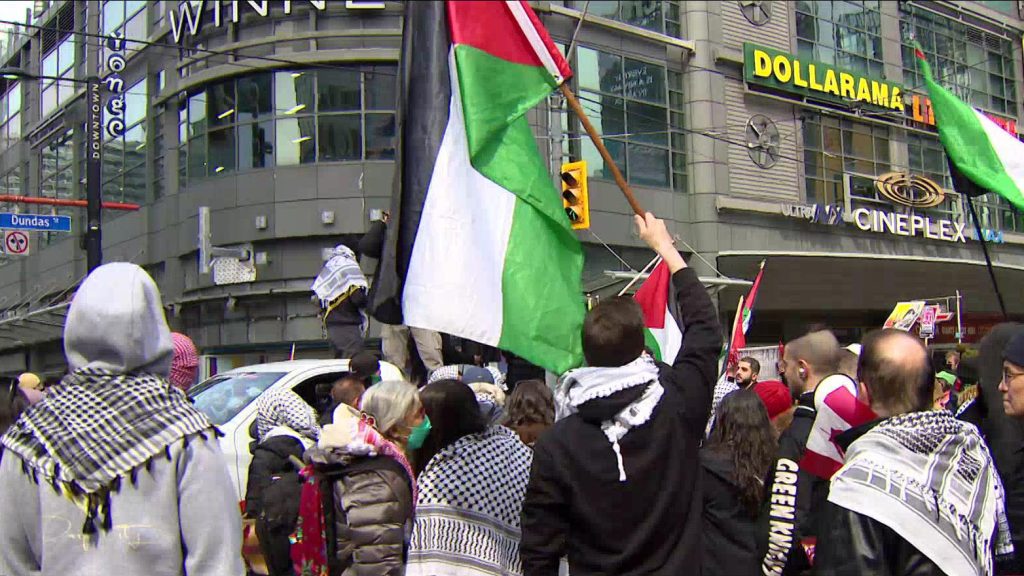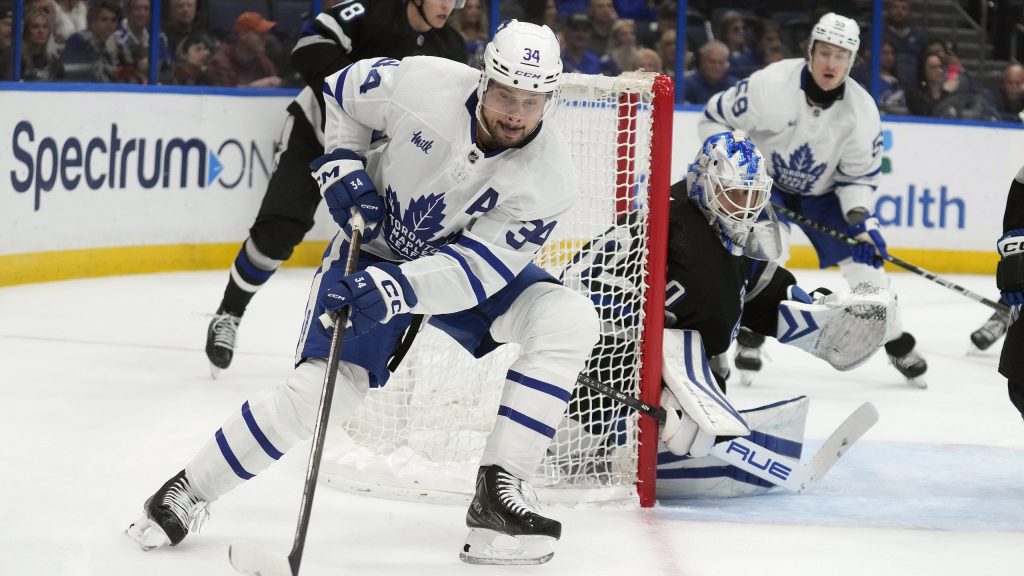North American summit a side show for Obama
Posted February 21, 2014 8:05 am.
This article is more than 5 years old.
From wheels down to wheels up on Air Force One, U.S. President Barack Obama spent about eight hours on Mexican soil for the Three Amigos summit.
After the motorcades, the private bilaterals, the short speeches to a business forum and the photo-op strolls around a majestic stained glass greenhouse, about 90 minutes remained Wednesday for the actual three-way meeting of Obama, Prime Minister Stephen Harper and their host, Mexican President Enrique Pena Nieto.
For some, that embodies Obama’s attitude towards North American leaders’ summits in general and why the so-called Three Amigos club has been in such decline: Obama is just not into it.
“His cameo appearance at this summit sends a clear message that when it comes to North American, Canada and Mexico are dancers without a dance partner,” said Fen Hampson, director of Global Security for the Waterloo, Ont. Centre for International Governance Innovation.
Hampson is one of many who have expressed skepticism over various attempts to hold meaningful North American summits over the last decade.
Carlos Gutierrez, a former George W. Bush commerce secretary and a businessman who has worked in all three countries in the private sector and on Three Amigos government initiatives, was involved in 2005 summit at Bush’s ranch in Crawford, Texas in 2005.
He said there was a lot of optimism there, but it was derailed by politics.
“As soon as we got to work, we had the right and the left throw in bombs at us.”
The goals were modest, but even those modest goals prompted over-the-top warnings of sinister plans for a new EU, a new currency, a loss of sovereignty, he recalled.
“They even had a name for it,” Gutierrez said of the supposed new currency. “The Amero.”
With the U.S. midterm elections coming up, Obama is also boxed in by politics back home. The North American Free Trade Agreement, the 20th anniversary of which was feted in Toluca, won’t be a vote getter, said Hampson.
“NAFTA has never been popular with the base of the Democratic party and generally seen as a job loser, not a gainer,” he said.
“Many Democrats are in a tough battle in the upcoming congressional elections and Obama has little to gain and more to lose by being seen to be too cozy with the other two amigos.”
While he heaped praise on his North American neighbours, Obama also told a business forum in Toluca that the United States, Canada and Mexico will always have “parochial interests.”
Harper spent almost three full days in Mexico, including a separate visit with Pena Nieto. The Mexican leader is the driving force for revival of the trilateral relationship, while showcasing his own country, and pushing for a co-ordinated, continent-wide strategy to transform North America into the world’s energy powerhouse.
This was Obama’s third trilateral summit, following meetings in 2012 and 2009.
Obama has thrown NAFTA under the bus, so it is no wonder he invests so little in the Three Amigos process, said Carlo Dade, director of the Centre for Trade and Investment Policy at the Canada West Foundation.
“What we saw during the election was not an electoral ploy; it was his real feelings towards NAFTA,” said Dade.
Dade said Harper needs to more to push Obama to “wake up to the importance of North America because the Mexicans are willing and ready to push forward some serious solutions to advance North America in the face of U.S. opposition or indifference.”
Harper’s office declined an interview request from The Canadian Press while in Mexico.
However, a senior government official, who would only speak on condition of anonymity, said Harper cabinet ministers have pushed their U.S. counterparts to collaborate more “on a North American platform to promote trade.”
The official said that the U.S. reluctance to engage in the post-NAFTA era has forced Canada and Mexico to pursue trade agreements on their own.
Canada, the U.S. and Mexico have all signed different free trade deals in Latin America at different times.
“We didn’t do it together as one, all at the same time.”
Duncan Wood, the director of the Mexico Institute at the Wilson Centre in Washington, said the three countries have a history of talking to each other separately, not in a three-way conversation.
“There are two strong relationships, one between the United States and Canada, the other one between the United States and Mexico,” he said.
“And the third leg of that region … you have the Mexico-Canada relationship, which is considerably weaker.”
With files from Alexander Panetta in Washington










